Jaundice is a common condition that can affect newborns, causing a yellowing of the skin and eyes due to elevated bilirubin levels. Early detection and screening are crucial for managing jaundice effectively and preventing potential complications. At Klinik Casabrina, we offer comprehensive jaundice screening services for newborns to ensure their health and well-being.
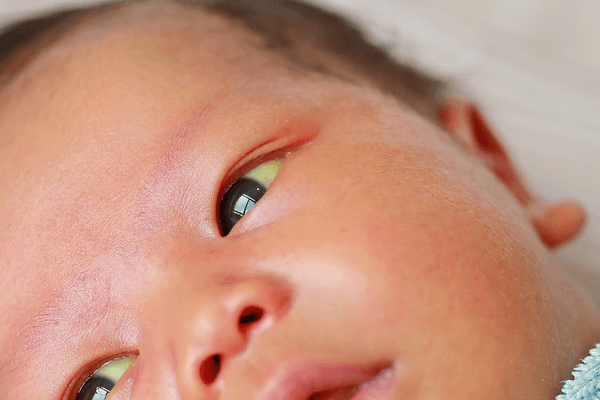
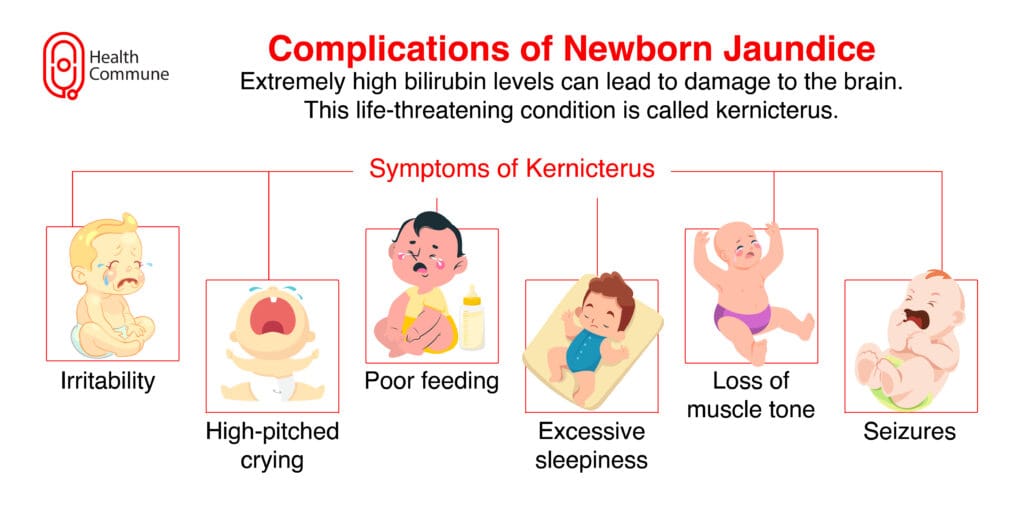
Jaundice is a condition that causes yellowing of the skin, eyes, and mucous membranes due to high levels of bilirubin in the blood. While it can occur in people of all ages, jaundice is most common in newborns, affecting over 50% of babies during their first week of life. Bilirubin is a yellow pigment produced during the breakdown of red blood cells, and newborns often have elevated levels because their liver may not be fully developed to process it efficiently.
In adults, jaundice can indicate underlying health issues like liver disease, bile duct obstructions, or blood disorders. Early detection through jaundice screening is essential to ensure proper treatment and avoid serious complications.
Screening for jaundice helps identify abnormal bilirubin levels before symptoms become severe. In newborns, untreated jaundice can lead to serious complications, such as brain damage (kernicterus). Learn more about the effects of extended jaundice in babies.
Newborns
All newborns should be screened for jaundice within the first few days of life. Babies born prematurely or those with risk factors like bruising during birth or blood type incompatibilities may require closer monitoring.
Adults
Jaundice screening is recommended for adults who show signs of yellowing skin or eyes, fatigue, or dark urine. Those with a family history of liver disease, heavy alcohol use, or certain medications are also advised to undergo screening.
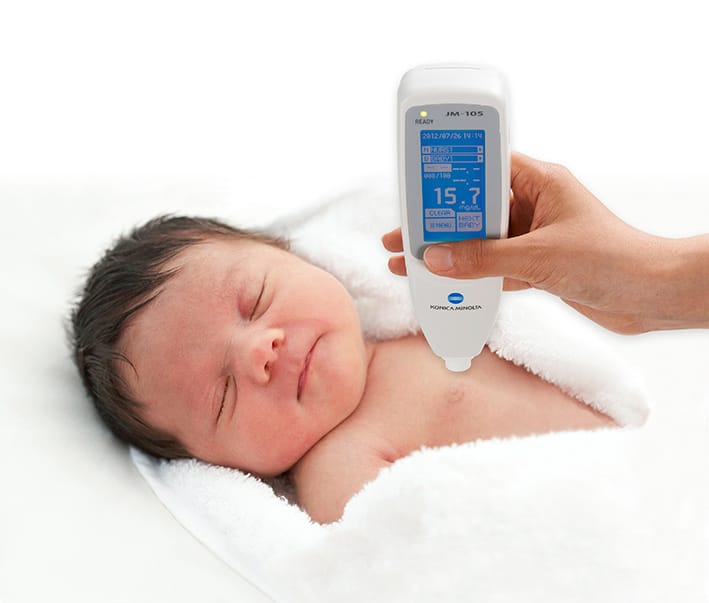
The TcB test is performed by placing a small handheld device (a bilirubin meter) on the baby’s skin, typically on the forehead or chest. The device emits a light that measures the reflection, estimating the bilirubin level.
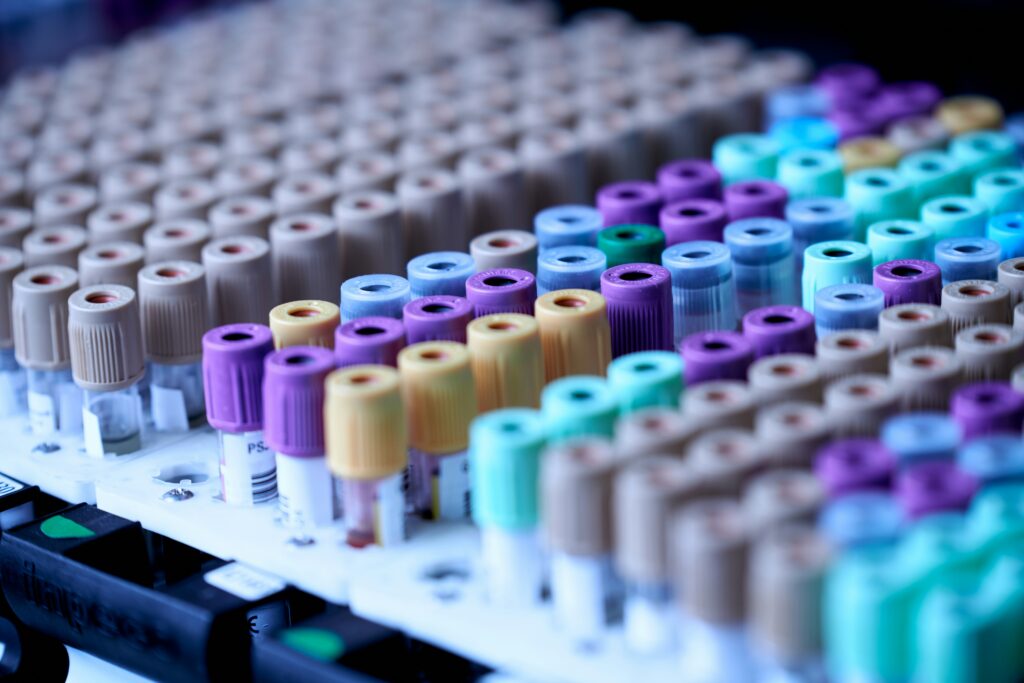
If the TcB test shows high levels, a blood test is usually done to confirm bilirubin levels. This test involves taking a small blood sample from the baby’s heel to analyze in a laboratory.
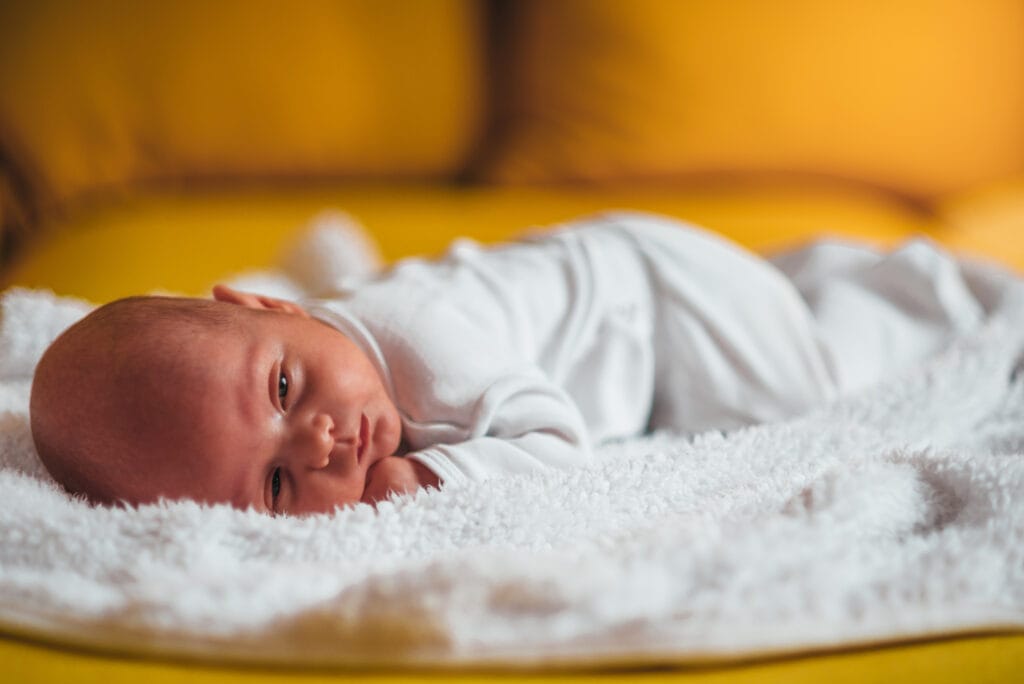
In this process, the baby is placed under special blue lights, which help break down bilirubin into a form that can be more easily excreted in urine and stool. Phototherapy is painless and highly effective, with most babies responding within 24 to 48 hours.
In rare cases where bilirubin levels are dangerously high, a blood transfusion may be needed. This procedure,involves removing small amounts of the baby’s blood and replacing it with blood from a donor, effectively reducing bilirubin levels quickly.
Jaundice typically appears two to four days after birth. Most hospitals routinely check newborns for jaundice before they are discharged. If your baby goes home within the first 24 hours of life, you may need to return to the hospital or clinic within the next few days for a jaundice screening.
Normal bilirubin levels in newborns are generally below 5 mg/dL. Levels between 5-20 mg/dL indicate mild to moderate jaundice, while levels above 20 mg/dL require medical attention, as they can be dangerous and need immediate treatment.
In some cases, jaundice can be linked to breastfeeding, particularly if the baby is not feeding well or is dehydrated. This is called breastfeeding jaundice. However, breastfeeding should generally continue, and you may need to increase feeding frequency to help the baby excrete bilirubin more efficiently. Always consult with your doctor for guidance.
You should contact your doctor if:
The baby will typically remain under the light for several hours a day, depending on the severity of jaundice, and eye protection is used to prevent damage from the lights.
In most cases, newborn jaundice resolves on its own within 1 to 2 weeks. Breastfed babies may take a little longer to recover, sometimes up to a month. However, with proper monitoring and treatment, jaundice rarely leads to long-term issues.
Jaundice is often unavoidable in newborns, but regular and frequent feeding can help reduce bilirubin levels. Ensuring that your baby is feeding well, whether breastfed or formula-fed, can assist in quicker clearance of bilirubin. If your baby is at risk for jaundice (premature, born with bruising), your doctor will monitor them closely to catch any early signs.
If your baby has been treated for jaundice, follow-up visits are important to make sure bilirubin levels have returned to normal and that the jaundice doesn’t come back. Your doctor will guide you on when to return for follow-up testing or check-ups.
Early detection of jaundice can prevent serious complications. Our clinic offers quick tests and effective treatments. Contact Klinik Casabrina schedule a jaundice screening for your little one today and take the first step towards better health.
Klinik Casabrina is a women’s and children’s healthcare clinic in Seremban, Malaysia. We provide specialized services such as gynecology check-ups, antenatal and postnatal care, and more.
Copyright © 2023 CASABRINA MEDICAL SDN BHD 202201045614 (1491311-M). All Rights Reserved | HTML Sitemap | Privacy Policy | Created by Hypercharge.